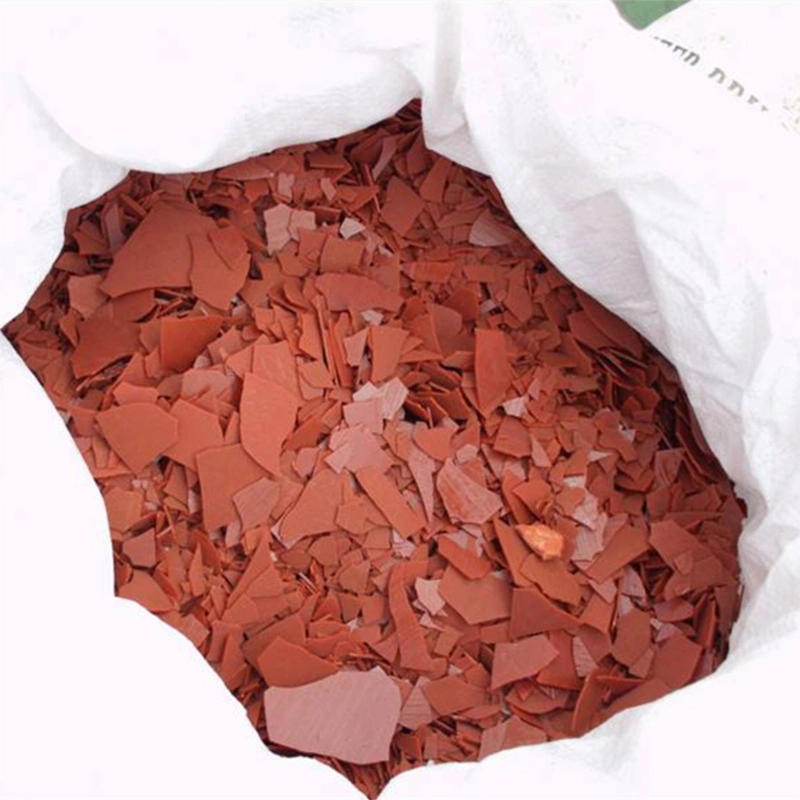



Exploring the Applications and Benefits of Diammonium Phosphate in Agriculture and Industry
Uses of Di-Ammonium Phosphate (DAP)
Di-ammonium phosphate (DAP) is a widely used chemical compound that plays a critical role in various industries, particularly in agriculture and food production. Recognized for its rich nutrient content and versatility, DAP has become a staple for farmers and manufacturers alike.
One of the primary uses of DAP is in agriculture, where it serves as a key source of nitrogen and phosphorus—two essential macronutrients vital for plant growth. These nutrients are particularly important for the development of strong roots, vibrant flowers, and overall crop yield. DAP is especially effective in promoting early plant growth and can be applied as a pre-planting fertilizer or as a side-dressing during the growing season.
Farmers often prefer DAP because it can easily dissolve in water, making it suitable for fertigation systems, where fertilizers are injected into irrigation water. This method ensures that plants receive the nutrients they need directly through their root systems, enhancing nutrient uptake and reducing wastage. Additionally, DAP can improve soil structure and increase microbial activity, contributing to healthier soil ecosystems.
2. Food Production
DAP is not limited to agricultural applications; it also plays a role in food production, particularly in the formulation of animal feed. It is often used as a protein supplement in livestock diets, providing essential nitrogen that supports amino acid synthesis. This is crucial for promoting growth and ensuring the overall health of animals, thereby enhancing the efficiency of meat and dairy production.
di ammonium phosphate uses

In addition to livestock feed, DAP is sometimes used in the production of certain food products. It can act as a food additive, enhancing the texture and stability of various processed foods. Its ability to serve as a leavening agent makes it useful in baking, where it can contribute to the desired rise and texture of baked goods.
3. Industrial Applications
Beyond agriculture and food production, DAP has diverse applications in various industries. It is used in the manufacture of fire retardants, where it helps to inhibit combustion and reduce the flammability of materials. DAP is often blended with other elements to create effective fire-resistant products, making it valuable in construction and manufacturing sectors.
Furthermore, DAP finds applications in the production of specialized chemicals and fertilizers. Its ability to provide both nitrogen and phosphorus makes it a valuable ingredient in the formulation of complex fertilizers designed to meet specific crop needs. The versatility of DAP allows for the development of tailored fertilizers that can enhance agricultural productivity while minimizing environmental impact.
4. Conclusion
Di-ammonium phosphate is a versatile compound with significant importance in various sectors, particularly agriculture and food production. Its role as a source of essential nutrients for crops and livestock not only boosts productivity but also supports sustainable farming practices. Additionally, its diverse industrial applications highlight its value beyond the agricultural realm.
As the global population continues to grow and the demand for food increases, the continued use and research into DAP and similar compounds will play a pivotal role in ensuring food security and promoting sustainable agricultural practices. In conclusion, DAP's multifaceted uses underscore its importance in supporting both economic development and environmental stewardship.
-
Why Sodium Persulfate Is Everywhere NowNewsJul.07,2025
-
Why Polyacrylamide Is in High DemandNewsJul.07,2025
-
Understanding Paint Chemicals and Their ApplicationsNewsJul.07,2025
-
Smart Use Of Mining ChemicalsNewsJul.07,2025
-
Practical Uses of Potassium MonopersulfateNewsJul.07,2025
-
Agrochemicals In Real FarmingNewsJul.07,2025
-
Sodium Chlorite Hot UsesNewsJul.01,2025










